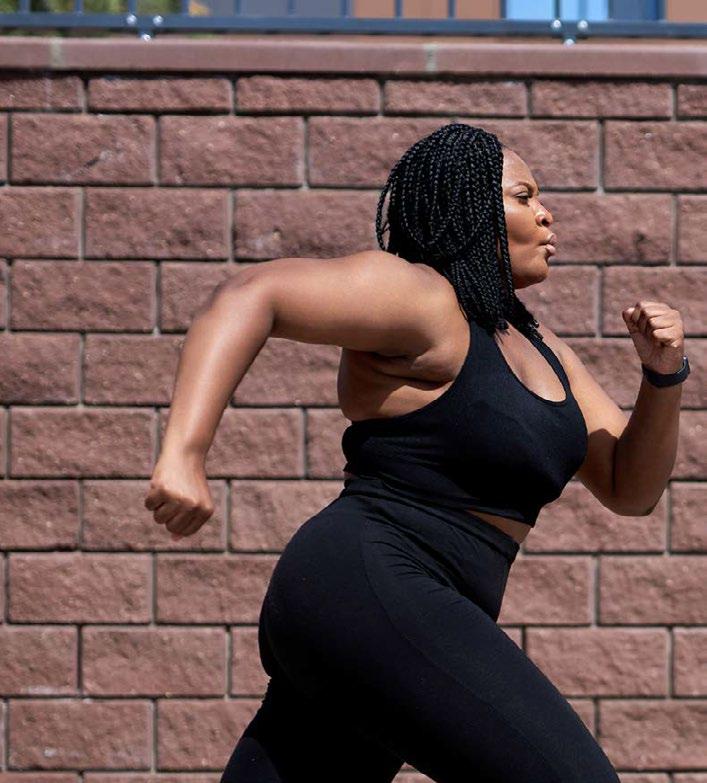Mental Health Awareness Week is an ideal time for us all to think about mental health, tackle stigma, and find out how we can create a society that prevents mental health problems from developing and protects our mental well-being.
Occurring annually, it’s the biggest opportunity for the UK to come together to focus on getting good mental health. The week aims to tackle stigma and help people understand and prioritise their and others’ mental health.

Being active is important for our mental health. But so many of us struggle to get enough exercise. We know there are many different reasons for this, so this Mental Health Awareness Week aims to help people to find moments for movement in their daily routines. Going for a walk in your neighbourhood, putting on your favourite music and dancing around the living room, chair exercises when you’re watching television – it all counts!
Physical activity is not only good for your body, but it’s also great for your mind.
Being active releases chemicals in your brain that make you feel goodboosting your self-esteem and helping you concentrate as well as sleep well and feel better. Not bad for something many of us can do for free!
Being active doesn’t have to mean taking out an expensive gym membership or running marathons. Finding an activity you enjoy can give you a goal to aim for and a sense of purpose. It can also be a great way to meet people, have a break from daily life and gain confidence.
Other benefits include:
• Less tension, stress and mental fatigue
• A natural energy boost
• A sense of achievement
• More focus and motivation
• Feeling less angry or frustrated
• A healthy appetite
• Having fun
The great outdoors
It’s even better if you’re able to get active outdoors. Research shows that being in nature can make us feel happier, feel our lives are more worthwhile, and reduce our levels of depression and anxiety. Nature doesn’t have to mean forests or national parks either: walking to a local common, visiting a friend’s garden or simply noticing trees and flowers planted by the roadside can boost your mental well-being.
For some of us, it can be hard to be active, perhaps because we have a mental or physical disability or health condition. Our tips below on things to consider before starting exercise may help. The NHS has advice about getting active if you have a disability or health condition, with tips on building activity into your day and finding accessible activities and classes. Exercising with a disability can be frustrating if you’re not able to do the type of activity you want to, or are used to be able to do, but it’s important to work with your body.
How active do I need to be?
Any amount of physical activity is better than none. Finding an activity you like and are able to do regularly is more important than pushing yourself to do something you don’t enjoy. You could try brisk walking, mowing the lawn, dancing, swimming, following an exercise video or online class, trying a new sport or anything that gets your body moving.
Here are some helpful resources regarding Mental Health
Get involved with MHAW
Explore Mental Health – A-Z of topics
Using exercise to look after your mental health
Mental Health – How to guides
